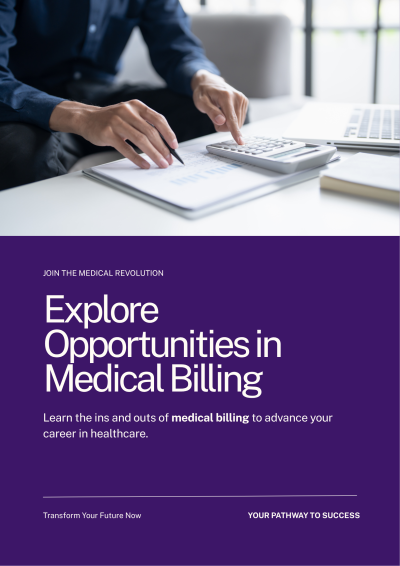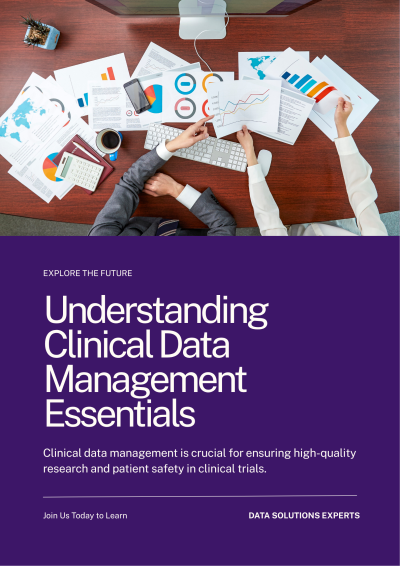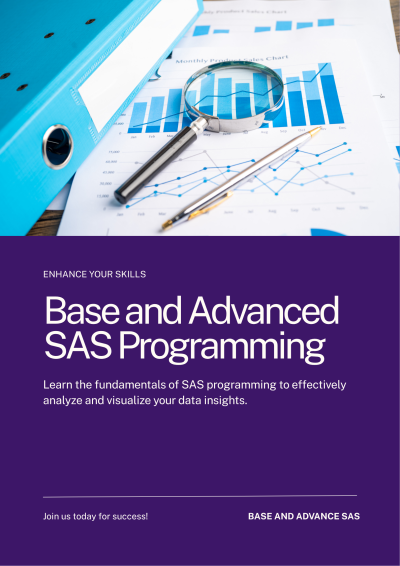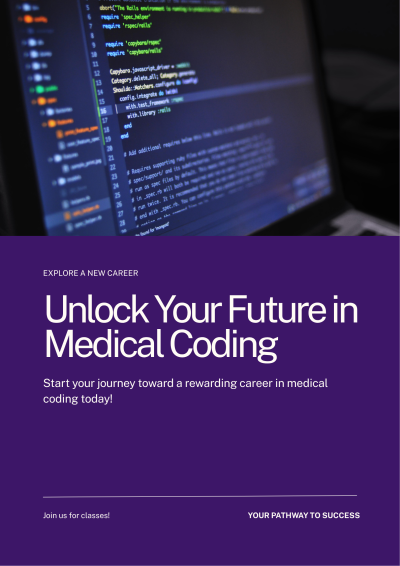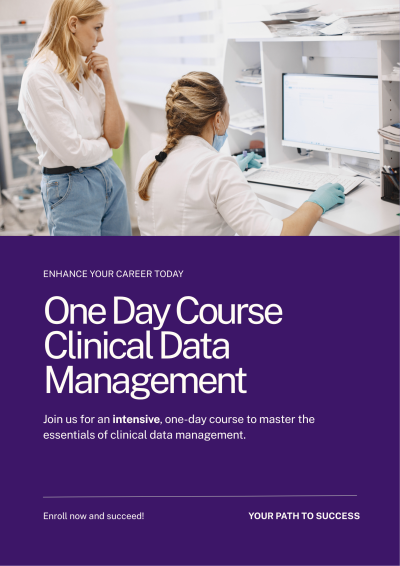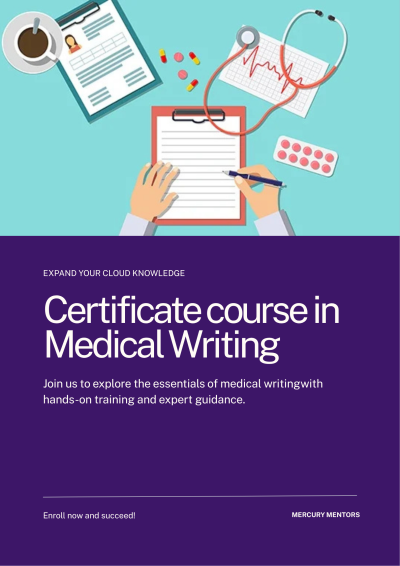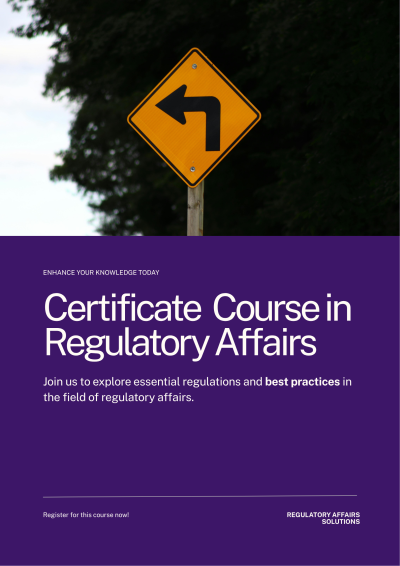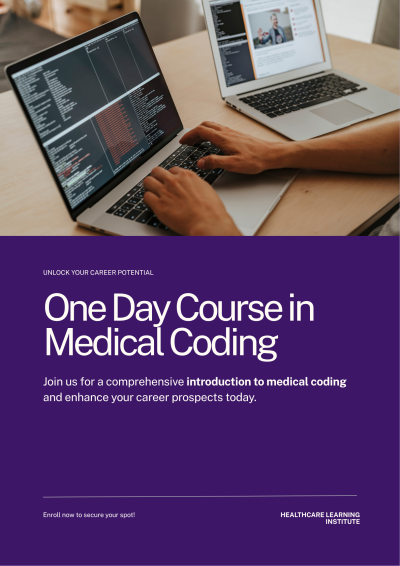Course description
Overview of Medical Billing
Medical billing is a critical function within the healthcare industry that involves the process of submitting and managing claims with health insurance companies to receive payment for services rendered to patients. This process is essential for ensuring that healthcare providers are reimbursed accurately and promptly, making it a key component in the financial operations of medical practices, hospitals, and other healthcare organizations. This comprehensive overview will cover the fundamentals of medical billing, including its importance, processes, roles, regulations, and current trends.
1. Understanding Medical Billing
Definition and Importance
Medical billing is the administrative process of translating healthcare services into billable charges. This involves a series of steps to ensure that healthcare providers receive proper compensation for the services they provide. The importance of medical billing can be summarized as follows:
- Revenue Cycle Management: Efficient billing practices directly impact the financial health of healthcare providers by ensuring timely and accurate payments.
- Patient Satisfaction: Clear and accurate billing helps enhance patient trust and satisfaction, reducing confusion and disputes over charges.
- Compliance: Adhering to billing regulations helps prevent legal issues and penalties.
2. The Medical Billing Process
a. Patient Registration
- Collecting demographic and insurance information from patients at the time of their visit, which is essential for the billing process.
b. Insurance Verification
- Confirming the patient’s insurance coverage and benefits to determine what services are covered and any patient liabilities, such as copays or deductibles.
c. Charge Entry
- Inputting the medical services provided during the patient visit into the billing system to generate the appropriate charges.
d. Claim Submission
- Preparing and submitting claims to insurance companies using standardized codes (such as CPT and ICD-10) that correspond to the services rendered.
e. Payment Posting
- Recording payments received from insurance companies and patients in the billing system, and reconciling any discrepancies.
f. Accounts Receivable Follow-Up
- Monitoring unpaid claims and following up with insurance companies and patients to resolve billing issues and ensure timely payment.
g. Denial Management
- Handling denied claims by identifying the reasons for denial, appealing when appropriate, and resubmitting claims as necessary.
3. Roles and Responsibilities in Medical Billing
a. Medical Biller
- Responsible for the entire billing process, including charge entry, claims submission, and payment posting. They ensure accuracy and compliance with regulations.
b. Billing Manager
- Oversees the billing department, manages staff, and develops strategies for improving billing efficiency and accuracy.
c. Accounts Receivable Specialist
- Focuses on managing outstanding accounts, conducting follow-ups on unpaid claims, and ensuring revenue is collected in a timely manner.
4. Current Trends in Medical Billing
a. Technology Integration
- The increasing use of electronic health records (EHRs) and billing software streamlines billing processes, reduces errors, and enhances efficiency.
b. Telehealth Billing
- As telehealth services grow, medical billing practices are adapting to include coding and billing for virtual visits, which presents unique challenges.
c. Value-Based Care
- The shift toward value-based reimbursement models requires more detailed documentation and coding to reflect quality and outcomes of care.
5. Challenges in Medical Billing
- Complex Regulations: Navigating the various rules and regulations from different payers can be challenging and time-consuming.
- Claim Denials: A significant number of claims are denied, which can impact revenue flow and requires diligent follow-up and management.
- Patient Responsibility: With rising deductibles and copays, understanding and communicating patient financial responsibilities can lead to billing disputes.
6. Best Practices in Medical Billing
a. Accuracy and Compliance
- Ensuring that billing practices comply with regulations and are free from errors is crucial for successful claims processing.
b. Clear Communication
- Providing clear explanations of charges and coverage to patients can help reduce confusion and enhance satisfaction.
c. Regular Training
- Continuous education and training for billing staff on coding updates and regulatory changes are essential for maintaining efficiency and accuracy.
Conclusion
Medical billing is an essential process that ensures healthcare providers are compensated for their services, thereby sustaining the financial viability of healthcare organizations. As the healthcare landscape continues to evolve, medical billing professionals must adapt to new technologies, regulatory changes, and billing models. By employing best practices and leveraging technology, medical billers play a vital role in maintaining the flow of revenue while ensuring that patients receive clear and accurate billing information. Their expertise contributes significantly to the overall efficiency and effectiveness of the healthcare system.
Why Enroll?
Networking Opportunities: Connect with industry professionals and peers.
Resource Materials: Access exclusive readings and materials.
Certificate of Completion: Enhance your resume with a recognized credential.
Q&A Session: Engage directly with experienced practitioners.
FollowUp Support: Discover further learning and career opportunities in the field.
7. Get access 650+ HR's email ID's hiring
How to Enroll:
To secure your spot, please reply to this email or click https://www.mercurymentors.com/home/course/one-day-course-for-pharmacovigilance/30 Spaces are limited, so don’t delay!

